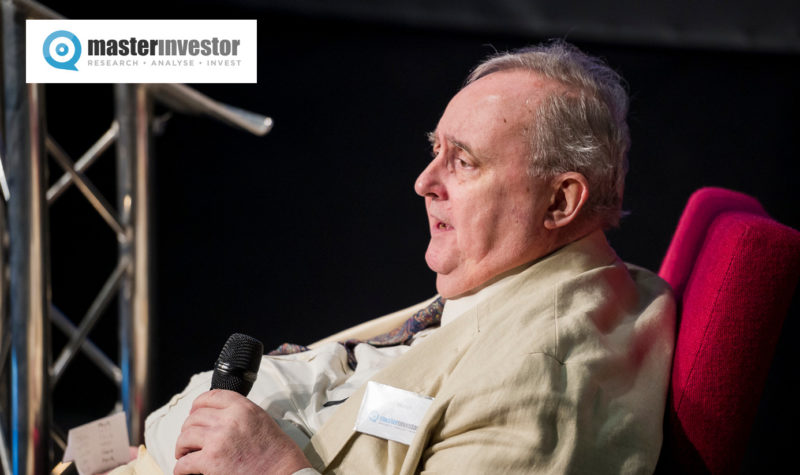Evil Knievil: It’s just not cricket

I have only just got round to reading the chairman’s Christmas present to me. It is a book, Money for Nothing: The Invention of Modern Capitalism. It is quite fascinating and starts with a review of the truly brilliant men of the age, starting with Sir Isaac Newton who was to go on and blow his entire wealth in the scam.
What is interesting is that it was an age of hope covering entirely fresh ground which offered a basis for getting involved in stocks.
No such excuse is available to supporters of Gamestop (NYSE:GME) and American Cinemas (NYSE:AMC)whose valuations have been and continue to be determined by total madness.
*****
I think that right-thinking people have missed the point over Ollie Robinson. Obviously, he should be spending six months in the Tower along with the other members of the team who have not yet proved that they never said anything silly when they were teenagers. Indeed, given the same review of the NZ team would almost certainly yield a significant number of yet more prisoners, it would probably be best to cancel the Second Test.
Finally, the ECB should be charged with bringing the game into disrepute through having failed to see all this months ago.
Since I have not read the Chairman’s (Jim Mellon’s) book recommendation (I presume written by somebody else?), I have little idea from your first paragraph what it is about. I think Sir Isaac Newton lost money in the Darian scheme?
But a little more elucidation would be much appreciated Simon. You obviously found it absorbing.
Basel iii and LBMA effect on Gold ? China aspect
LOL As part of their punishment they should be put to work removing all images of the Queen from the possessions of the woke students of Oxford. Perhaps from the postal sorting offices too.
“I can calculate the motion of heavenly bodies, but not the madness of people.”
– Sir Isaac Newton
The above quote, attributed to Issac Newton, came in the wake of the great scientist losing a large sum of money speculating in shares of the South Sea Company in the early 1700s, the financial bubble of his day.
Thank you, Mark, for correcting me on Newton’s speculative folly.
I think Newton is reputed to have said what you quote, but I feel that maybe he was being a bit disengenuous. I give the following quotation from a very witty small volume (paperback) by Brian Malpass entitled “How to bluff your way in Science” :
“Newton later became Master of the Royal Mint, where he turned his ire on the capital’s counterfitters and delighted in having several of them strung up”. So he seemed pretty confident that he could judge what people were up to in those situations.
Newton’s ire had previously been directed at just about any other eminennt scientist who dared to criticise his work, or even publish before him (as German mathematician Leibniz did).